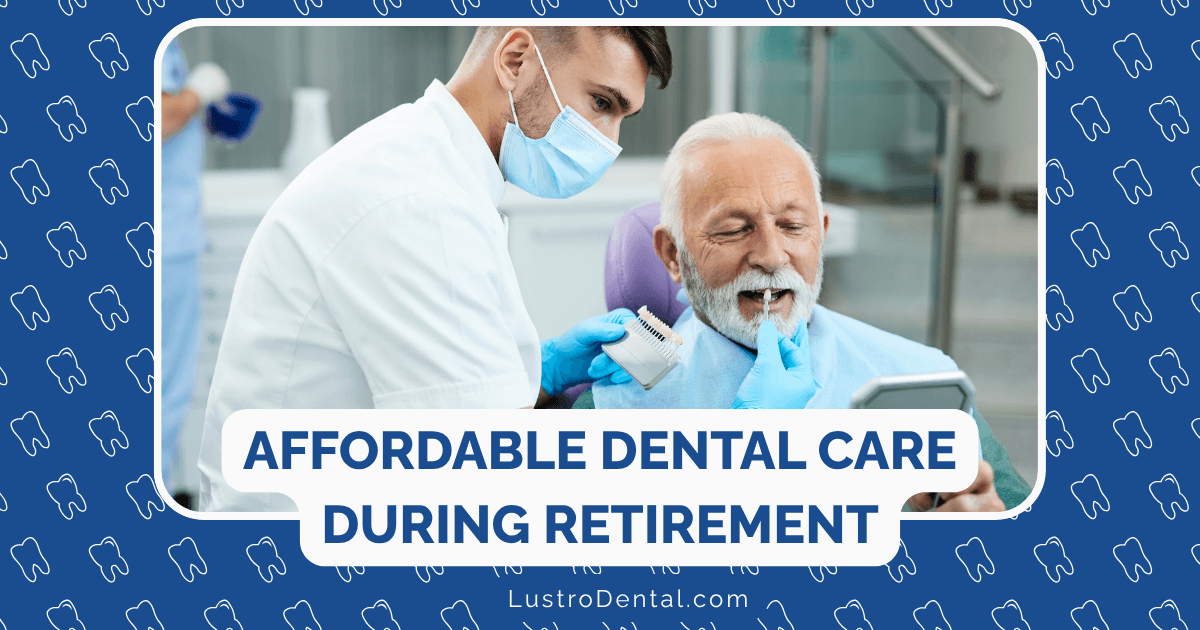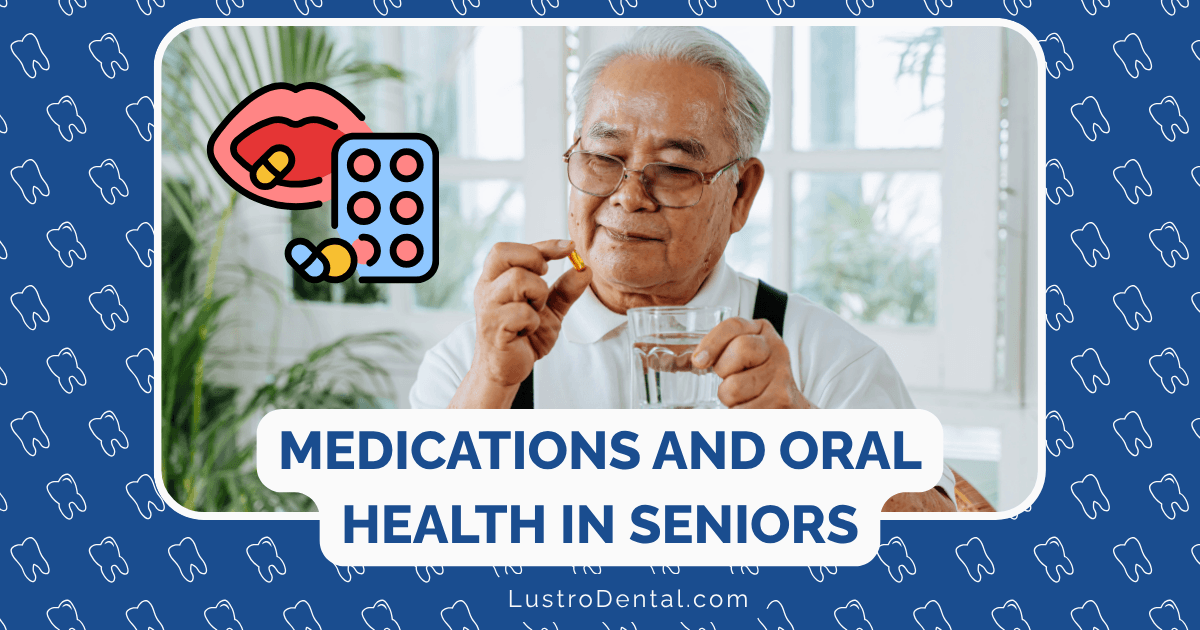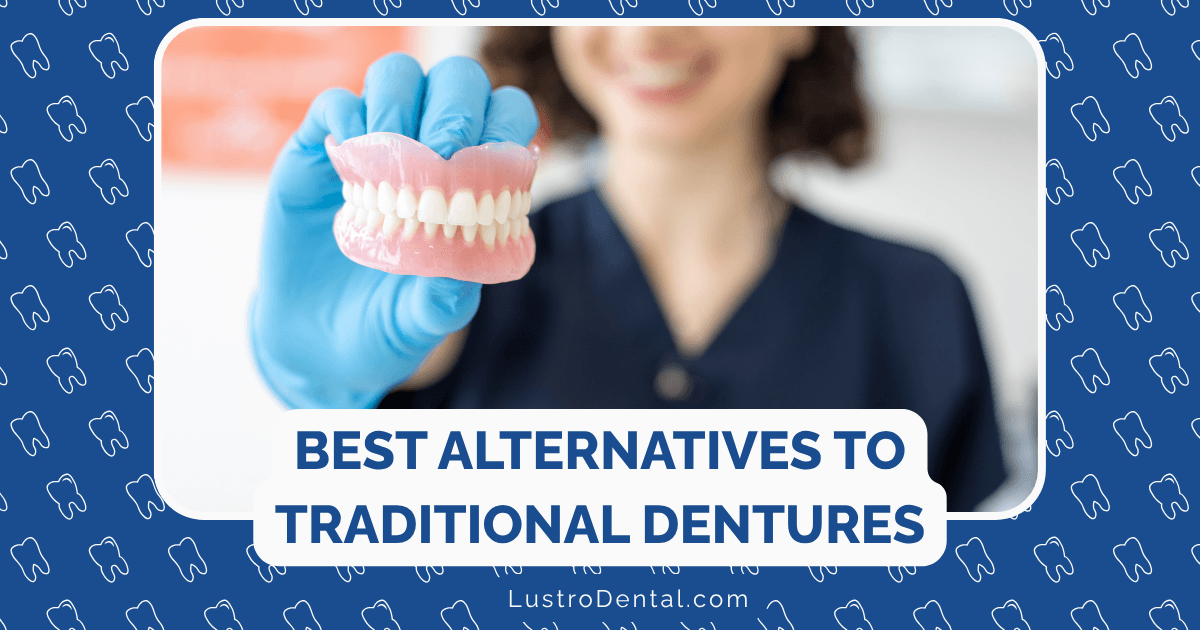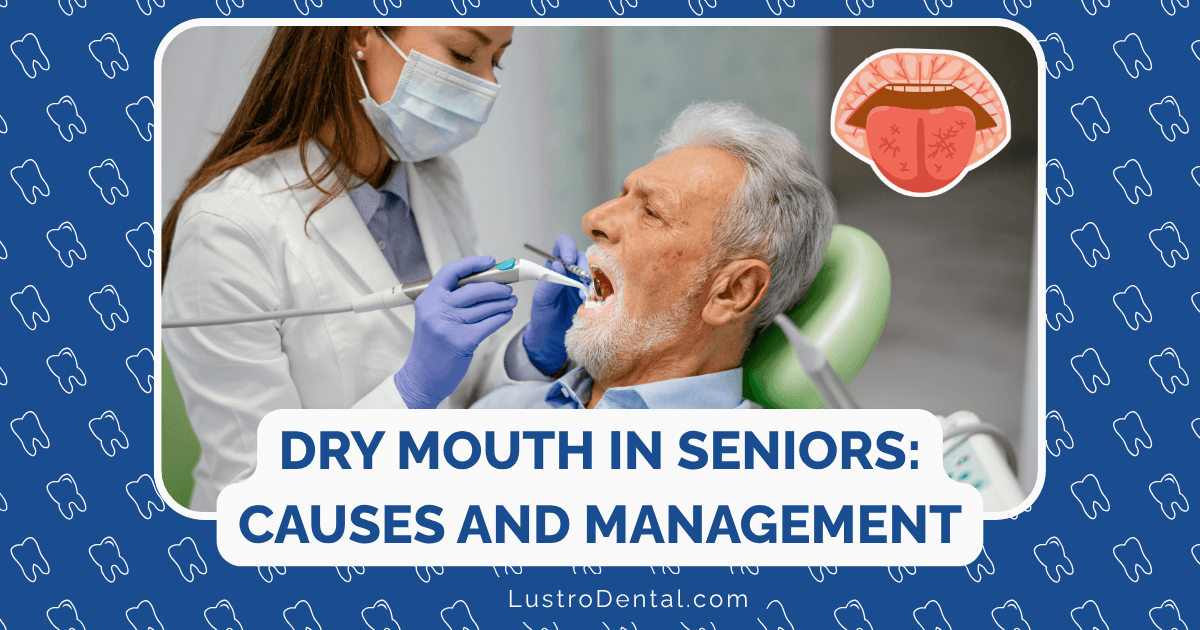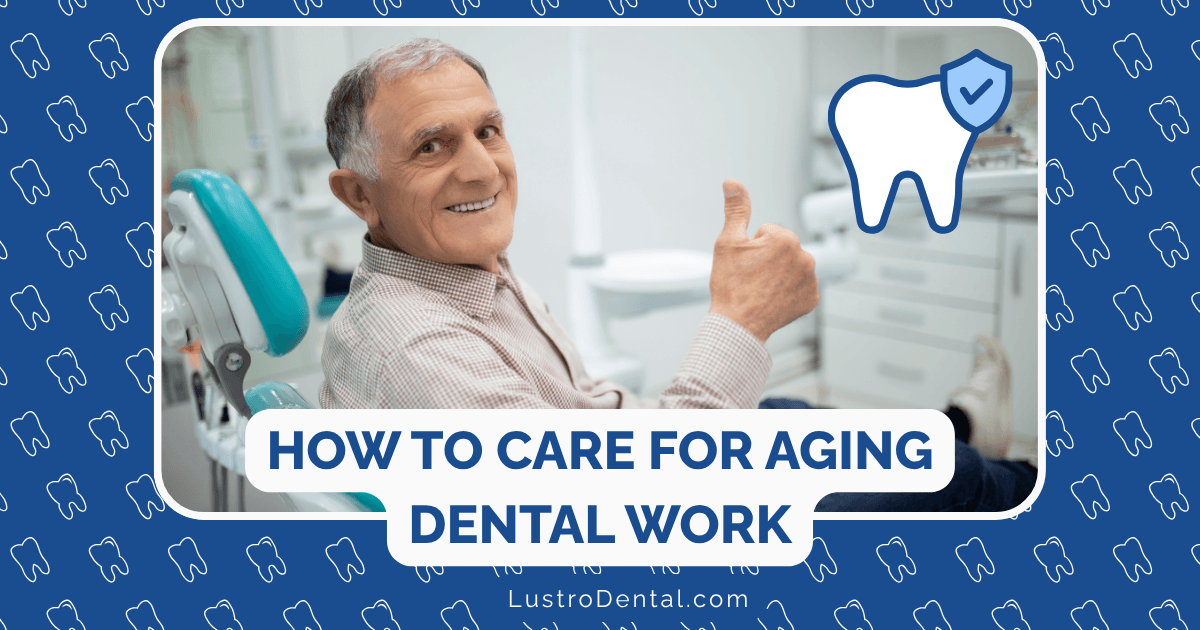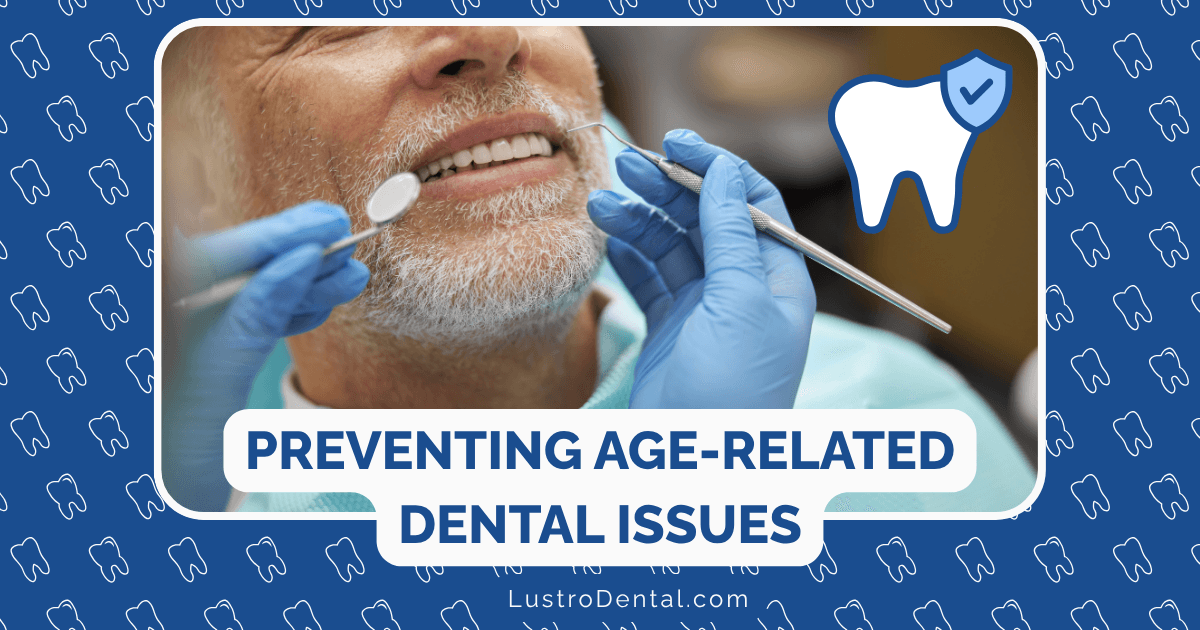Dental Emergencies While Pregnant: Safe Treatment Options
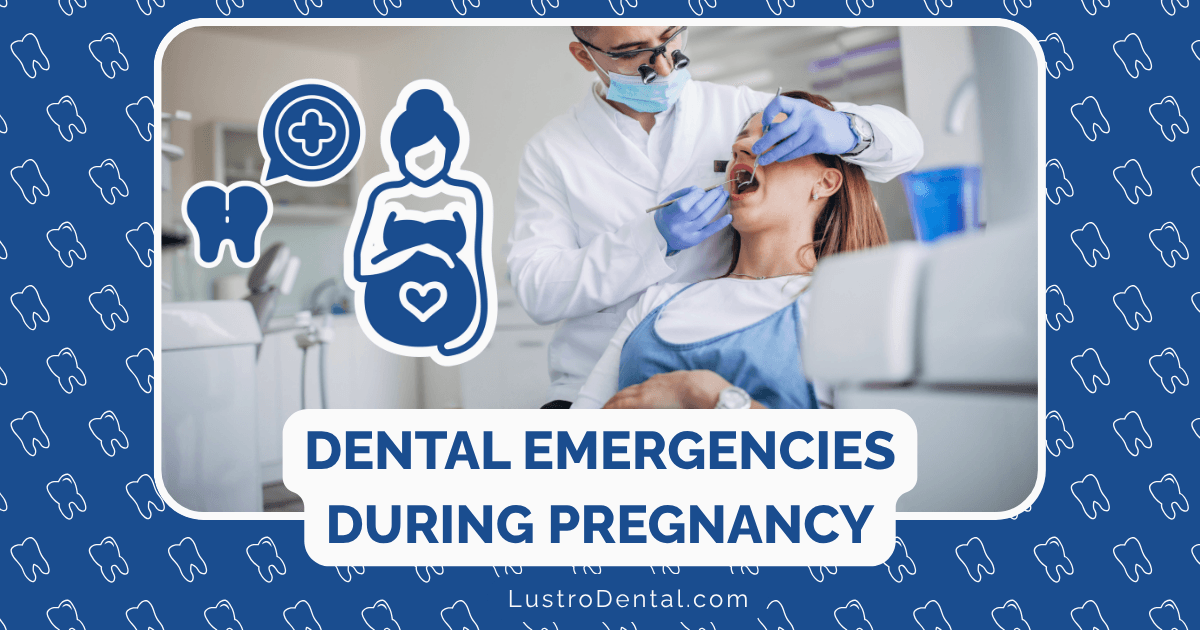
When I was six months pregnant with my daughter, a searing pain shot through my jaw in the middle of the night. My first thought wasn’t about calling my dentist—it was fear. Was it safe to get dental treatment while pregnant? Would pain medication harm my baby? Should I just tough it out for the next three months?
If you’re pregnant and experiencing a dental emergency, you might be wrestling with similar questions. You’re not alone. According to a recent survey, over 50% of expectant mothers avoid dental care due to safety concerns—even when experiencing pain or infection.
Let’s set the record straight: postponing treatment for a dental emergency during pregnancy can actually pose greater risks to both you and your baby than getting the care you need. Today, we’ll explore common dental emergencies during pregnancy, safe treatment options, and how to navigate this challenging intersection of dental and prenatal care.
Common Dental Emergencies During Pregnancy
Pregnancy creates the perfect storm for dental issues. Hormonal changes, shifts in eating habits, morning sickness, and even changes to your oral microbiome can all contribute to dental problems.
1. Severe Toothaches
“During my second trimester, I developed this throbbing pain in my back molar that kept me up at night,” shares Melissa, a mother of two from Boston. “I was terrified to see a dentist, but the pain became unbearable.”
Toothaches during pregnancy often stem from:
- Untreated cavities that progress more rapidly due to pregnancy-related changes
- Pulpitis (inflammation of the tooth’s pulp)
- Increased sensitivity from enamel erosion, especially if you’re experiencing morning sickness
- Pressure from sinus congestion, which is common during pregnancy
2. Dental Abscesses
Perhaps the most serious dental emergency during pregnancy is an abscess—a pocket of pus caused by bacterial infection. Abscesses can develop from untreated cavities, gum disease, or trauma.
Warning signs include:
- Severe, persistent, throbbing pain
- Facial or gum swelling
- Fever
- Sensitivity to hot and cold
- A bitter taste in your mouth
- Difficulty swallowing or breathing
According to the American Dental Association, untreated dental infections during pregnancy can increase the risk of adverse pregnancy outcomes, including preterm birth and low birth weight.
3. Pregnancy Gingivitis and Periodontitis
Up to 70% of pregnant women develop pregnancy gingivitis—inflammation of the gums characterized by redness, swelling, tenderness, and bleeding. Left untreated, this can progress to periodontitis, a more serious form of gum disease that can damage the tissues and bones supporting your teeth.
Signs that your gingivitis has become an emergency include:
- Severe bleeding that doesn’t improve with better oral hygiene
- Receding gums
- Loose teeth
- Persistent bad breath
- Pus between your teeth and gums
4. Dental Trauma
Believe it or not, pregnant women are at increased risk for dental trauma. As your center of gravity shifts during pregnancy, particularly in the second and third trimesters, you become more susceptible to falls.
Common trauma includes:
- Chipped or cracked teeth
- Partially dislodged teeth
- Completely knocked-out teeth
- Soft tissue injuries to the gums, cheeks, or tongue
Safe Treatment Options for Dental Emergencies During Pregnancy
The good news? Most dental emergencies can be safely treated during pregnancy. Both the American Dental Association and the American College of Obstetricians and Gynecologists agree that necessary dental treatment is safe at any stage of pregnancy.
For Severe Toothaches
Safe treatments include:
- Dental examination to determine the cause
- X-rays with proper shielding (digital X-rays use minimal radiation)
- Fillings to treat cavities
- Root canal therapy if the pulp is infected
- Extraction if the tooth cannot be saved
Dr. Sarah Chen, a dentist specializing in prenatal oral health, explains: “Many pregnant patients endure toothaches unnecessarily. Modern dental techniques and materials make it completely safe to treat most causes of tooth pain during pregnancy.”
For Dental Abscesses
Dental abscesses require immediate treatment, regardless of your pregnancy stage. Untreated abscesses can spread infection throughout your body, potentially affecting your pregnancy.
Safe treatments include:
- Drainage of the abscess
- Root canal therapy
- Extraction if necessary
- Antibiotics (several are considered safe during pregnancy)
“When I developed an abscess at 28 weeks pregnant, my dentist and obstetrician worked together to develop a treatment plan,” shares Tanya from Chicago. “The relief after treatment was immediate, and my pregnancy continued without complications.”
For Pregnancy Gingivitis and Periodontitis
Safe treatments include:
- Professional dental cleaning
- Scaling and root planing (deep cleaning)
- Antibiotics for severe infections
- Surgical drainage for periodontal abscesses
According to a study published in the Journal of Periodontology, treating gum disease during pregnancy can reduce the risk of preterm birth and low birth weight.
For Dental Trauma
Safe treatments include:
- Bonding for chipped teeth
- Reimplantation of knocked-out teeth (ideally within one hour)
- Stabilization of loose teeth
- Suturing of soft tissue injuries
Safe Medications During Pregnancy
One of the biggest concerns during pregnancy is medication safety. Here’s what you need to know:
Pain Management
Safe options:
- Acetaminophen (Tylenol) is generally considered safe throughout pregnancy
- Local anesthetics like lidocaine (with or without epinephrine) are classified as Category B medications and are safe during pregnancy
Avoid:
- NSAIDs like ibuprofen (Advil) and naproxen (Aleve), especially after 20 weeks of pregnancy
- Aspirin, particularly in the first and third trimesters
Antibiotics
Safe options:
- Penicillin
- Amoxicillin
- Cephalosporins
- Clindamycin
- Metronidazole (generally avoided in the first trimester)
Avoid:
- Tetracyclines (including doxycycline)
- Ciprofloxacin
- Levofloxacin
Sedation and Anesthesia
Safe options:
- Local anesthesia is preferred and safe
- Nitrous oxide is generally avoided during pregnancy, especially in the first trimester
Avoid:
- General anesthesia when possible (though it can be used safely if absolutely necessary)
Timing Considerations: Which Trimester Is Safest?
While emergency dental care should never be postponed regardless of your pregnancy stage, there are some timing considerations for non-urgent but necessary treatments:
First Trimester (Weeks 1-12)
During this critical period of organ development, many dentists prefer to postpone elective procedures. However, emergency treatments should not be delayed.
Second Trimester (Weeks 13-26)
This is widely considered the ideal time for dental work. By this point:
- Morning sickness has typically subsided
- The major organs have formed
- You’re not yet dealing with the discomfort of late pregnancy
Third Trimester (Weeks 27-40)
Dental work can still be performed safely, but special considerations include:
- Positioning you comfortably to avoid pressure on major blood vessels
- Keeping appointments shorter
- Being mindful of your increased discomfort in the dental chair
Dr. Michael Rosenthal, a maternal-fetal medicine specialist, notes: “The risks of untreated dental infections far outweigh any theoretical risks of dental treatment during pregnancy. I’ve seen far more pregnancy complications from delayed dental care than from appropriate treatment.”
What to Do in a Dental Emergency While Pregnant
If you experience a dental emergency during pregnancy, follow these steps:
- Contact your dentist immediately. Explain that you’re pregnant and describe your symptoms in detail.
- Manage pain safely at home while awaiting care:
- Rinse with warm salt water (1/2 teaspoon salt in 8 ounces of water)
- Apply a cold compress to reduce swelling
- Take acetaminophen as directed by your healthcare provider
- For knocked-out teeth, store the tooth in milk or saliva and seek immediate care
- Inform both your dentist and obstetrician. Ideally, they should communicate about your care.
- Don’t delay seeking treatment. The longer you wait, the more complicated the problem may become.
Preventive Measures: Avoiding Dental Emergencies During Pregnancy
The best dental emergency is the one that never happens. Here’s how to minimize your risk:
- Schedule a preventive dental check-up early in pregnancy or ideally before conceiving
- Practice meticulous oral hygiene – brush twice daily and floss daily
- Address minor dental issues promptly before they become emergencies
- Stay hydrated to prevent dry mouth, which increases cavity risk
- Eat a balanced diet rich in calcium, vitamin D, and vitamin C
- After morning sickness episodes, rinse with a baking soda solution (1 teaspoon in a cup of water) to neutralize acids before they damage enamel
- Avoid chewing ice, hard candies, or other items that could crack teeth
The Bottom Line
Dental emergencies during pregnancy can be safely treated with the right precautions. The risks of untreated dental infections or trauma far outweigh the minimal risks associated with dental treatment.
Remember Melissa, who I mentioned earlier with the severe toothache? “When I finally saw the dentist, I needed a root canal. The procedure was quick, painless, and my dentist took extra precautions because of my pregnancy. I wish I hadn’t suffered needlessly for weeks before seeking help.”
If you’re pregnant and experiencing dental pain, swelling, or trauma, don’t hesitate to seek professional care. Your oral health is an important component of your overall health—and by extension, your baby’s health too.
Have you experienced a dental emergency during pregnancy? Share your experience in the comments to help other expectant mothers navigate this challenging situation.


